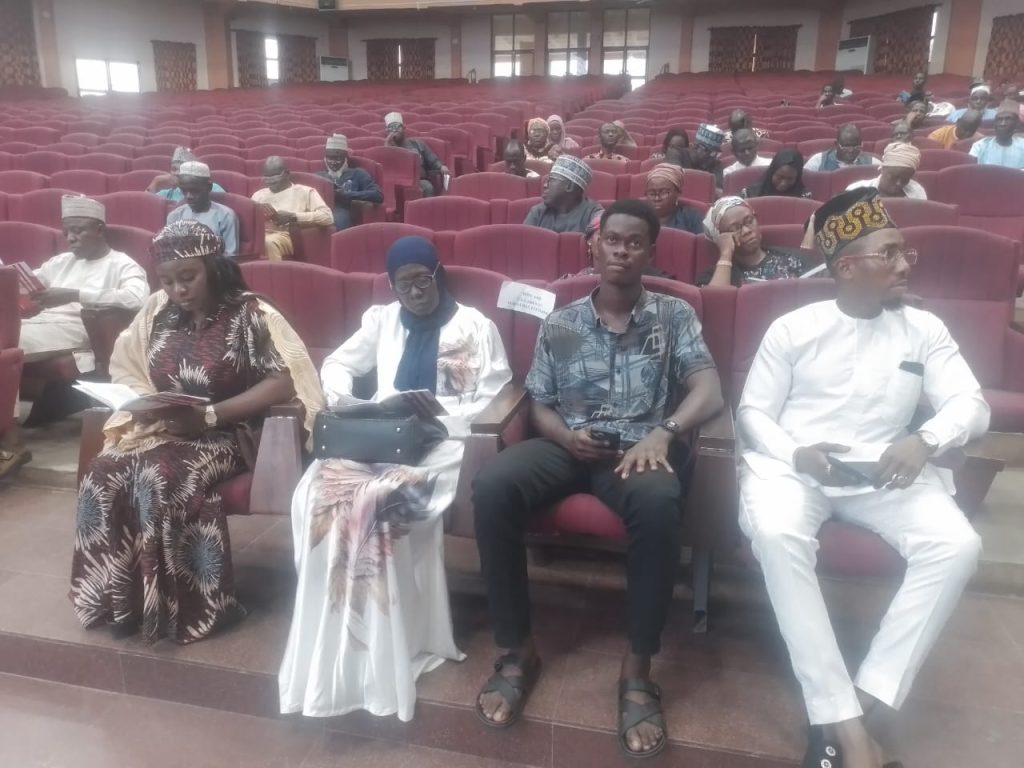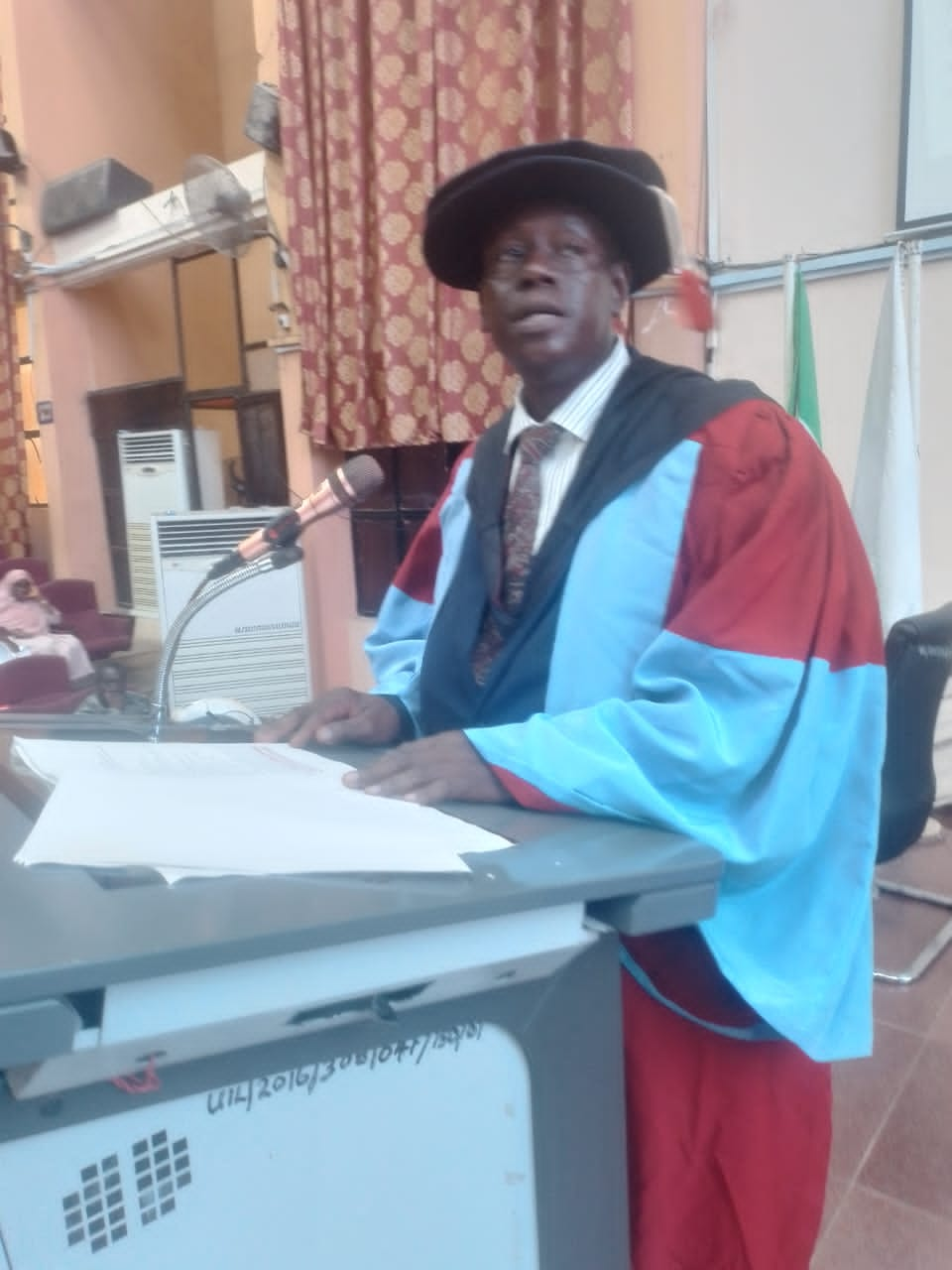A Professor in the Department of Private and Property Law, Faculty of Law, University of Ilorin, Mahmud Kayode Adebayo, has called for the establishment of a specialized court to handle cases related to women’s reproductive rights.
He argued that the current Family Court is not adequately addressing critical issues such as marital rape, widowhood rites, and other forms of gender-based violence.
Professor Adebayo emphasized that women and girls deserve the autonomy to make decisions about their bodies, including the right to determine when or whether to have children, seek medical care, and live free from coercion or violence, even as he noted that a dedicated court would provide women with a more effective avenue for seeking justice.
Delivering the University of Ilorin’s 265th inaugural lecture, titled “On the Reproductive Autonomy of My Right or Not My Choice,” Professor Adebayo expressed the urgent need for legal and policy reforms to protect and uphold women’s reproductive rights in Nigeria.
In his lecture, he stressed the importance of granting women full autonomy over decisions concerning their bodies, particularly their right to choose when and whether to become pregnant.
He criticized Nigeria’s existing legal framework for failing to adequately protect women’s reproductive health rights and called for significant constitutional reforms to address these gaps.
One of his key recommendations was the amendment of Chapter V of the Constitution, which addresses Fundamental Human Rights, to explicitly include women’s reproductive rights as enforceable socio-cultural rights. Alternatively, he proposed the creation of a separate chapter dedicated exclusively to these rights in future constitutional amendments.
Professor Adebayo also emphasized the need for free access to essential services for women, including healthcare and legal support, to combat gender-based violence and harmful traditional practices, such as female genital mutilation.

Furthermore, he advocated for the harmonization of international protocols and treaties on women’s reproductive rights into a single domestic legal instrument to strengthen enforcement in Nigeria.
Additional recommendations from his lecture included public awareness campaigns to educate women on their reproductive rights, as well as stronger partnerships between the government and non-governmental organizations (NGOs) for reproductive health advocacy.
“Organizations such as the Women Aid Collective (WACOL), the Association for Reproductive and Family Health (ARFH), and the Federation of Muslim Women’s Associations of Nigeria (FOMWAN) are already doing commendable work in promoting women’s reproductive health rights. However, stronger partnerships between governmental and non-governmental bodies are essential to achieving meaningful impact,” he noted.
Professor Adebayo also called for clearer legal frameworks to regulate family planning, contraception, and abortion, which he argued are critical to safeguarding women’s reproductive autonomy.
Additionally, he urged the reform of the language and content of the 1999 Constitution to remove sections that perpetuate gender discrimination, particularly in the areas of citizenship and women’s rights to confer nationality on their spouses.
